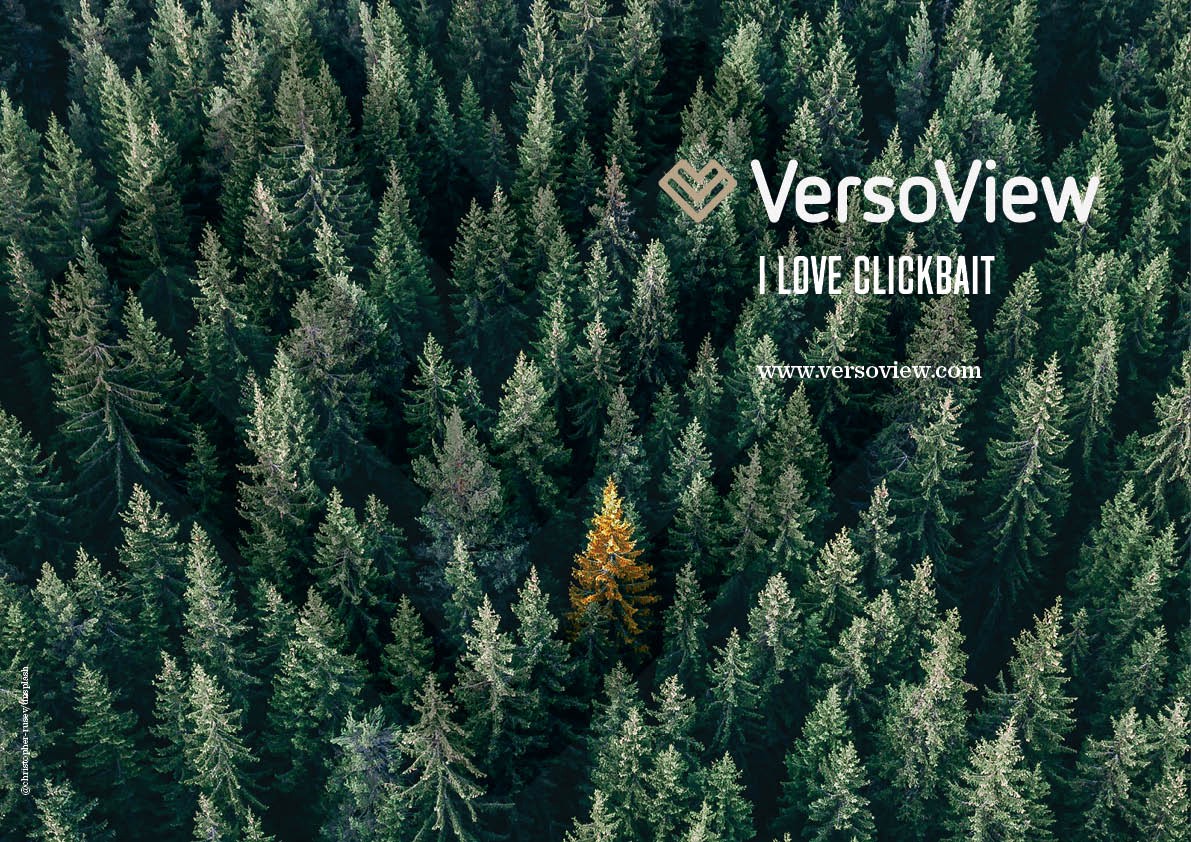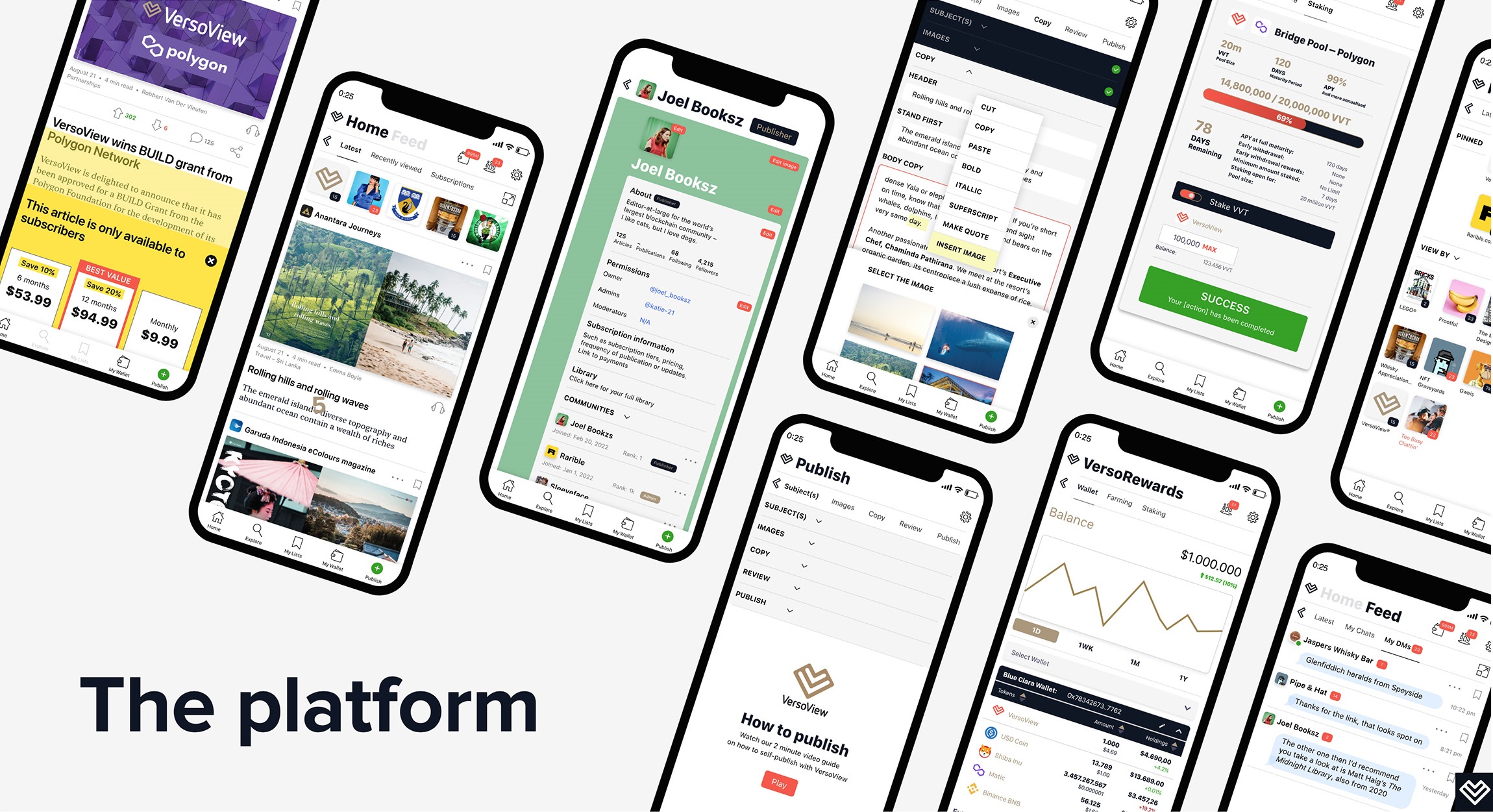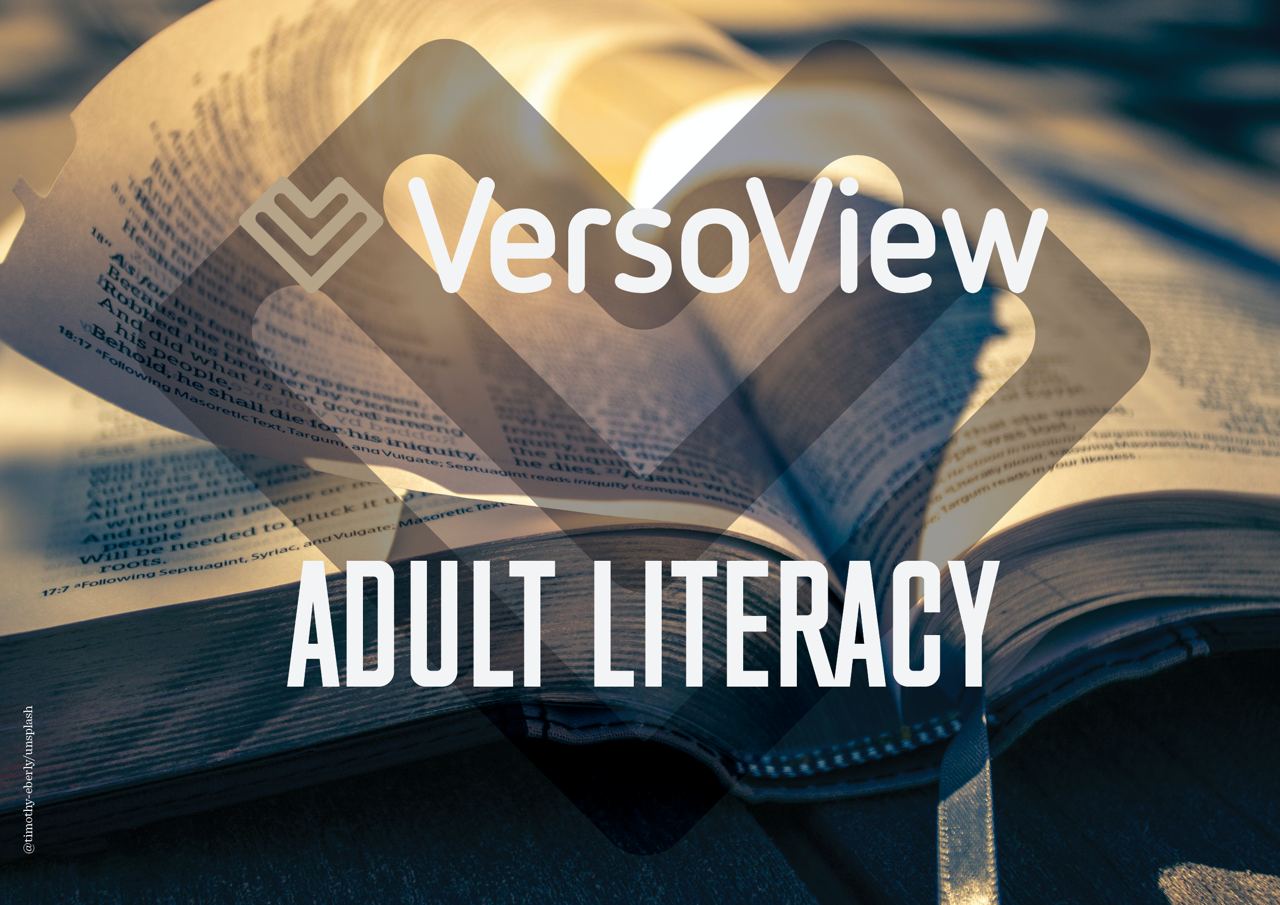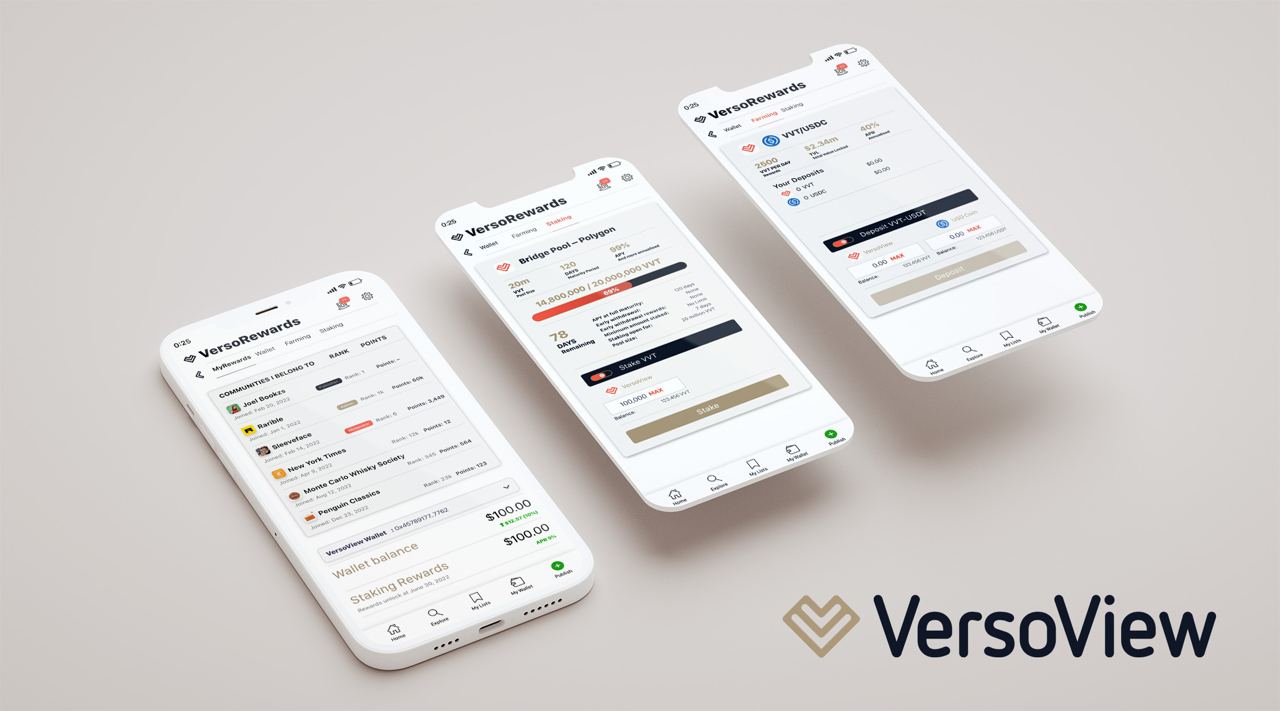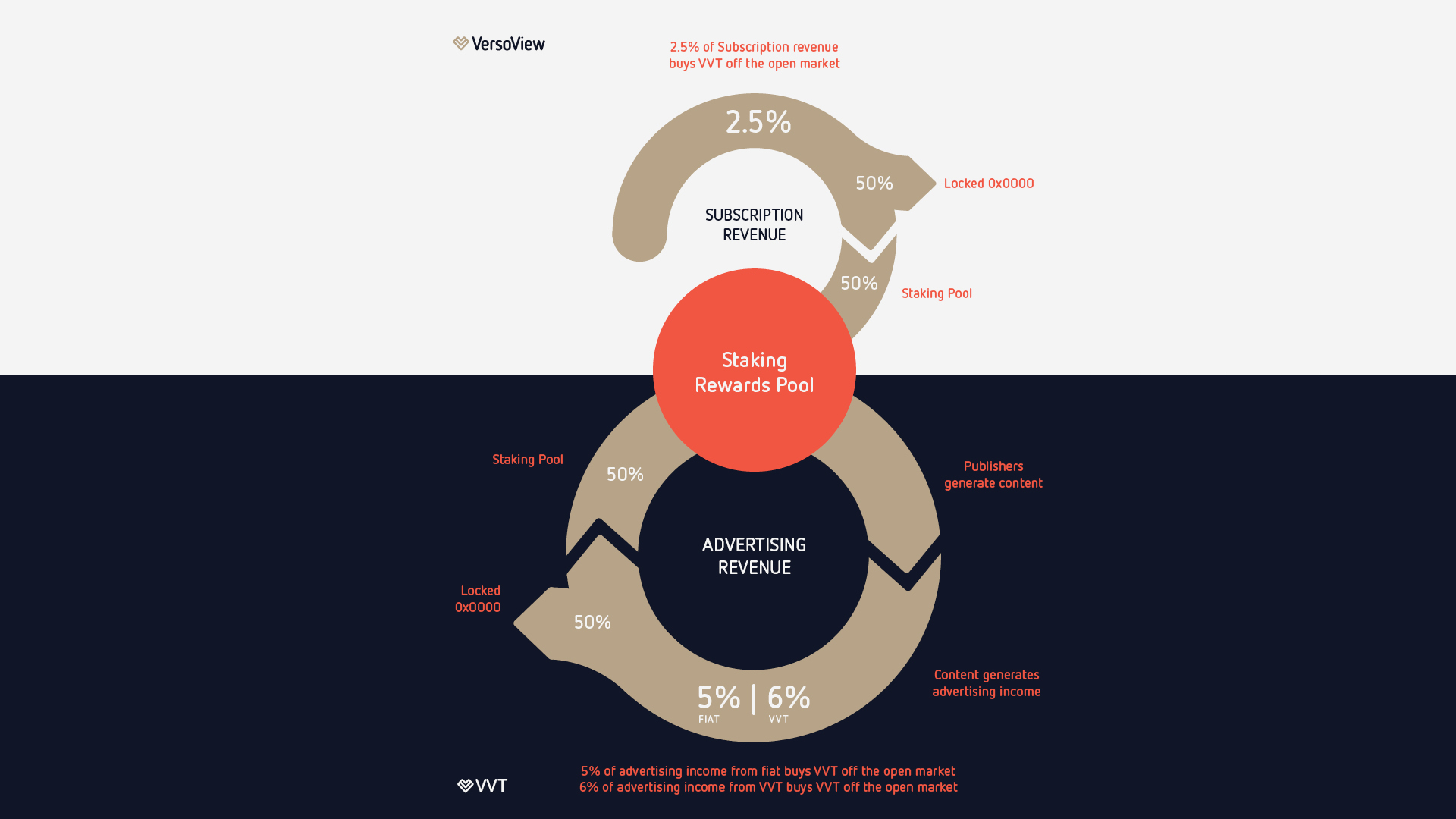‘And now for something completely different’
This is a classic one liner from Monty Python, always delivered just before a mental story about killer cats or some obscure short. In this article our CPO, Steve Peaple, unfolds why we need to reset how we are served content — bringing together micro level big data coupled with the macro level, highly trusted traditional media profiling.
Click-bait is a visual, visceral reminder that I need to do something more productive.
You’ll never believe how this story broke the internet, while losing 20lbs eating pineapples, and making more than $1000 a day in your area watching kittens riding pygmy hippos! Share this story now for five minutes of fame!
Click-bait found life as a digital version of tabloid journalism — “Fat cat owns 23 old ladies”, and “Freddie Starr at my hamster” — and offers potentially improved page views and high social sharing when the message triggers some core emotional responses, such as fear, joy or sadness. It can also be damaging to brands.
An extension of this digital trait is what we are served up after watching or reading ‘the last thing’.
Yes, it’s pretty awesome to watch Dude Perfect shoot Nerf guns in a Fortnite Battle (40m viewers agree), across inflatable, floating islands (83m), and shoot trick shots with a Nerf Bow (66m) — but should I be treated so stupidly that afterwards, all I’m prompted to watch are 30 more Dude Perfect videos? You don’t watch the news on terrestrial TV only for it to be followed by ten more episodes of the news. Even binge-watching a Netflix series, there’s SOMETHING else afterwards that’s different.
We’re highly complex animals, with our brains the most complex of all organisms in the known universe, so why are we being lazily fed the same choices again and again?
Traditional media profiling has been around for decades, initially ignoring audiences as there was little choice for the consumer, but slowly the media moguls saw the benefit of refining audiences to sell more advertising. In 1994 UK supermarket, Tesco, was the first to offer a rewards card so they could compile more information about their shoppers habits, a scheme built on the 1960’s S&H Green Stamps from the US, which gave physical stamps to consumers when they spent at certain retailers. The data was unparalleled, with former Tesco chairman Lord MacLaurin stating, “What scares me about this is that you know more about my customers after three months than I know after 30 years.”
Fast forward to today, and media profiling is an essential resource. Roy Morgan’s complex Helix Personas, which contains six ‘Helix communities’ which themselves are comprised of 54 personas, incorporates values, beliefs, and attitudes which are the best predictors of consumer behavior. Tools such as Helix Personas work well across all media, but were born from media profiles.
A person interested in Dude Perfect — sporty, outdoors, adventurous, friendship, fun, English speaking, sunny, online, engaged — will have other interests. Sporty and outdoors for instance. More likely to wear running shoes and have a gym membership? Yeah, I get that. More likely to watch live sports at a stadium, or watch live sports with friends while drinking beer and ordering Uber eats? You’re starting to get the idea.
Let’s take Harvard Business Review magazine as an example. Read a feature from this title and, online, you’ll be prompted to read more from Harvard Business Review.
That’s fine, but VersoView will also offer titles that are linked and share many of the same traits, such as The Economist and The Spectator, but even this approach offers little ‘extra’ to the reader.
Our ‘extra’ option is VersoPlus. VersoPlus uses media profiling to pique readers’ interest. We know that, for instance, readers of Harvard Business Review are more likely than the median population to compete in amateur triathlons; to own watches worth more than $5,000; and to holiday overseas with family more than three times a year, in hotels rated four-star and above.
So while VersoView will offer the reader other ‘obvious’ options (TheEconomist or The Spectator), VersoPlus would offer media-profile features to discover, such as running magazine, Like the Wind, cycling magazine Rouleur, luxury watch title WatchTime, and 5-star hotel lifestyle magazine, Four Seasons.
We believe richer content will make for more satisfied readers and offer them a chance to engage in titles they otherwise would not discover, which in turn offers publishers a greater chance of being discovered. VersoView wants to be that curio shop of worldly wonders (if it were designed by San Francisco’s Exploratorium), where the brightly lit floors and shelves are worn and familiar, but the rotating subjects are endlessly interesting and engaging.
Now where in the garage is my kid’s Nerf gun stash? I swear I can hit a ping-pong ball from 50 feet. You have to watch this, it will change your life.
Steve Peaple, CPO

